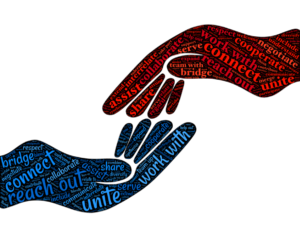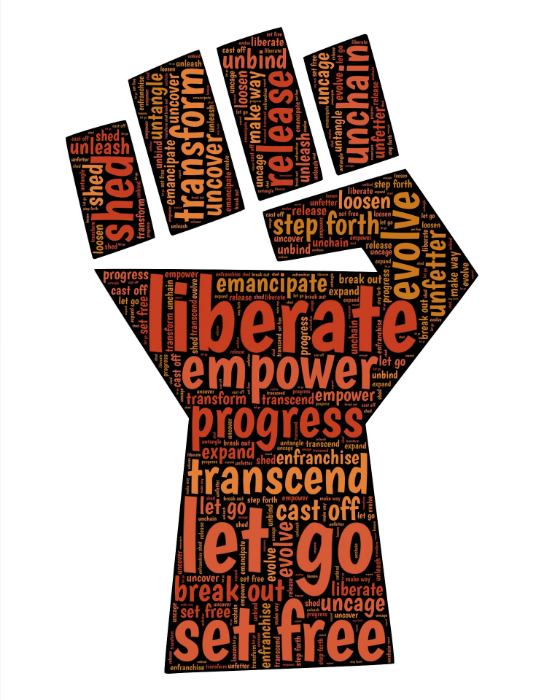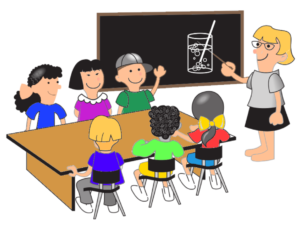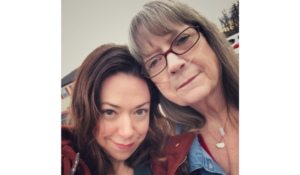by Sandi Lerman [original version published by the author, who is also a parent coach and educator, on Adoption Roots and Wings on March 12, 2018]
“It is my hope that our story on trauma-informed care will not only be impactful but will also be revolutionary. It certainly has caused a revolution in my own life.” – Oprah Winfrey
One Sunday night in March, my online community of warrior mamas and I watched the highly-anticipated segment on 60 Minutes, “Treating Childhood Trauma.” In this special report, Oprah Winfrey interviewed Dr. Bruce Perry from the Child Trauma Academy and spoke to staff at the Saint A foster care organization in Milwaukee, Wisconsin.
The story was brief, but powerful.
As Oprah spoke to women and families impacted by trauma and learned about trauma-informed practices from Dr. Perry, we could see her shift in consciousness.
“This story has had more impact on me than practically anything I’ve ever done,” she says in her “overtime” video on the CBS website.
In this after-special interview, she talks about Dr. Perry’s research and reflects on his scientific research pointing to the power of relationships as a buffer for how trauma affects children.
“It really is about how you are responded to, valued, trusted, and loved by those around you,” Oprah explains. “It can be anybody who cares enough about you to ask the question, ‘What happened to you?’”
For Oprah, it was her fourth grade teacher, Mrs. Duncan, who made the difference in her life. Mrs. Duncan instilled in her a “sense of believing that I mattered. And that is what every human being is looking for.”
Oprah says that this story on trauma-informed care was “life-changing” for her.
“It has changed the way I operate in my business, with my people, with my school… it’s changed the way I see everyone. Now, when someone like an employee is acting out of line… I think, ‘I wonder what happened to them that caused them to behave that way.’”
Many of the foster and adoptive parents in my online community were excited to see that 60 Minutes decided to give this topic air time, as it’s something we live with every day.
As a former classroom teacher for over 20 years, I also saw the impact of trauma and high ACEs (Adverse Childhood Experiences) in my classroom. I’ve always believed that it’s the teachers who understand the power of RELATIONSHIPS that make the biggest impact on their students. Kids don’t care how much you know until they know how much you care.
It is my sincere hope that as a person of great influence, Oprah will use what she has learned from this story to reach beyond her employees, associates, and school to lead a true revolution towards trauma-informed care in EVERY aspect of our communities.
We need trauma-informed PARENTS, especially those who foster and adopt. These parents need to understand that many children act out because they have deep wounds and fears as a result of early childhood adversity and trauma, not because they are intentionally defiant or manipulative.
We need trauma-informed SCHOOLS. Teachers must understand that a child’s behavior communicates an unmet need, a lagging skill, or an unsolved problem. For too long, our punitive “no-tolerance” policies have created a system where kids are so misunderstood that they are either kicked out or drop out. No one cared enough to see the trauma beneath the behavior.
We need trauma-informed MEDICAL AND MENTAL HEALTH SERVICES. Doctors, counselors, and psychiatrists must look at the deeper needs and help to acknowledge and address the life stress that is causing a child’s and family’s issues instead of simply prescribing a pill and sending them back out into the chaos. Traumatized children need comprehensive patient- and family-centered treatment plans.
We need trauma-informed POLICE DEPARTMENTS AND JUSTICE SYSTEMS. Cops have been traumatized in horrific crime scenes. Communities of color have been traumatized by disproportionate police violence. These populations need to receive appropriate care and community healing through awareness and authentic relationships based on mutual trust.
More than ever before in the history of our country, we need trauma-informed COMMUNITIES. People must reach out to each other in times of deep need and adversity rather than pointing fingers of shame and blame. We need to find solutions to problems and build relationships of care, support, and love.
This is a crucial time in our history. Some are crying out in fear. People are working to make our families, schools, services, and systems harder and stronger. Some feel that the only way to keep everyone safe is to take a tough approach – fighting violence with violence.
However, the truth is that violence doesn’t heal trauma. It just opens the wound and spreads the disease.
Therefore, let’s start a TRAUMA-INFORMED REVOLUTION of Warrior Parents, Teachers, Helpers, and Healers, using love and trauma-informed care to build communities of hope, trust, and connection.
Will you join us?




